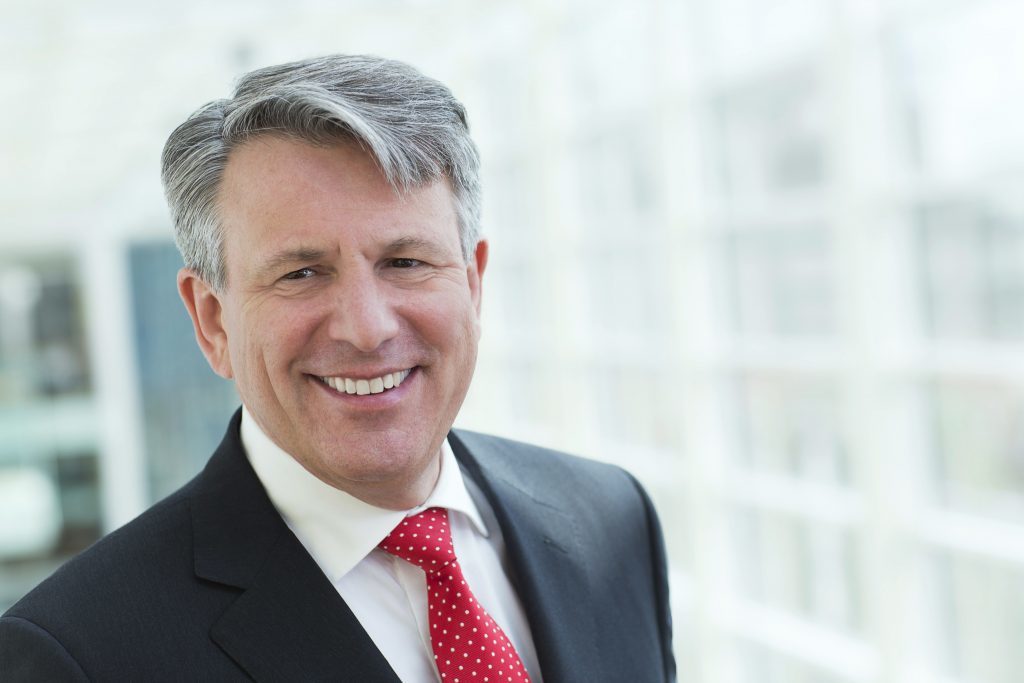
Shell chief executive Ben van Beurden has said that climate change is the biggest issue facing the energy sector, encouraging the European oil major to invest more in cleaner-burning gas and renewable energy.
Shell aims to cut its carbon footprint in half by 2050 while shifting its roughly 50-50 oil and gas balance to a portfolio that’s closer to 70 percent gas, van Beurden said at the CERAWeek by IHS Markit conference in Houston. Shell already is the world’s leader in liquefied natural gas.
“There’s no other issue with the potential to disrupt our industry on such a deep and fundamental level,” van Beurden said of climate change and the need to help meet the Paris climate accord goals, even though the United States plans to split from the agreement under the Trump administration.
The emphasis goes beyond making Shell’s own operations cleaner and more efficient because most of the emissions come from Shell’s products after they are sold. So Shell intends to invest more in offshore wind farms, biofuels, carbon capture projects and the planting of trees and forests.
Shell is rolling out a new program in Europe to charge about 1 or 2 cents more for gasoline to fund tree-planting projects worldwide.
“Oil and gas will continue to be the core for Shell for many decades to come,” van Beurden said. But they must become cleaner. “We are businesses; we’re not charities.”
As such, Shell is planning to grow more in U.S. shale in West Texas’ Permian Basin, as well as in the deepwater Gulf of Mexico on both the U.S. and Mexican sides of the Gulf.
With a growing focus on natural gas, van Beurden said Shell and other players must continue to work to reduce and eliminate methane leaks and emissions or risk having natural gas’ role “fatally undermined.”
Last year, van Beurden said global oil demand could peak as soon as the late 2020s. He didn’t back away from that Wednesday, but he said that is just one possible scenario. Oil demand could instead peak in the 2030s or even later, he said.
“We ignore that at our peril.”
This article first appeared on the Houston Chronicle – an Energy Voice content partner. For more from the Houston Chronicle click here.
